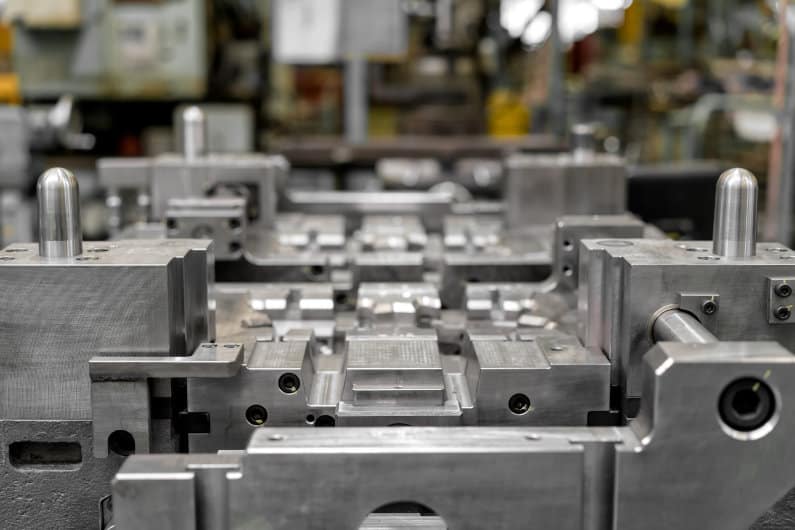The manufacturing industry has been revolutionized by the advent of prototype manufacturing. It is a process that offers numerous advantages to various industries, from automotive to aerospace and from medical to consumer goods. In this article, we will explore the benefits of prototype manufacturing and why it is becoming a game-changer in the manufacturing industry.
What is Prototype Manufacturing?
Prototype manufacturing is a process of building a working model of a product or part to test its design, functionality, and marketability before mass production. It involves the use of advanced technologies, such as 3D printing, CNC machining, and computer-aided design (CAD), to create a prototype that closely resembles the final product. The prototype is then tested, refined, and modified until it meets the required standards and specifications.
Advantages of Prototype Manufacturing
1. Reduced Time and Cost
One of the most significant advantages of prototype manufacturing is that it reduces the time and cost of product development. It allows manufacturers to test and refine their designs and prototypes before mass production, eliminating costly mistakes and redesigns. This, in turn, reduces the time and cost of bringing a product to market, which is a significant advantage in today\’s fast-paced business environment.
2. Improved Product Quality
Prototype manufacturing allows manufacturers to identify and correct any flaws or defects in the product design before mass production. This ensures that the final product meets the required quality standards, reducing the risk of product recalls and customer complaints. It also allows manufacturers to identify areas for improvement and optimize the product design for better performance, durability, and functionality.
3. Customization and Personalization
Prototype manufacturing allows for customization and personalization of products to meet the specific needs and preferences of customers. It enables manufacturers to create unique and innovative products that stand out in the market, increasing customer satisfaction and loyalty. It also allows for the production of small batches of customized products, which is a significant advantage for niche markets and specialized industries.
4. Faster Time-to-Market
Prototype manufacturing allows manufacturers to bring new products to market faster than traditional manufacturing methods. It enables them to test and refine their designs and prototypes quickly, reducing the time required for product development. This, in turn, allows manufacturers to respond quickly to changing market demands and trends, gaining a competitive advantage over their rivals.

5. Improved Collaboration and Communication
Prototype manufacturing allows for improved collaboration and communication between designers, engineers, and manufacturers. It enables them to share ideas, identify problems, and work together to find solutions. This, in turn, improves the overall product design and quality, reducing the risk of errors and delays.
Conclusion
Prototype manufacturing is revolutionizing the manufacturing industry by offering numerous advantages, such as reduced time and cost, improved product quality, customization and personalization, faster time-to-market, and improved collaboration and communication. It is a game-changer for various industries, from automotive to aerospace and from medical to consumer goods, enabling them to create innovative and unique products that meet the specific needs and preferences of customers. With the increasing demand for faster and more efficient manufacturing processes, prototype manufacturing is set to play a significant role in the future of manufacturing.
-

- High precision magnesium alloy die casting parts for automotive ignition lock
-

- Thixomolding parts & components mobile phone middle board processed
-

- high precision die-casting steering wheel for automotive
-

- Thixomolding parts & components cell phone middle board processed
-

- Κάλυμμα περιβλήματος φορητού υπολογιστή με εξαρτήματα thixomolding μαγνησίου Β
-

- Κράνος Thixomolding από κράμα μαγγενίου

 0086-750-5616188
0086-750-5616188 +86 13392089688
+86 13392089688 sales@zhongmei-tech.com
sales@zhongmei-tech.com







